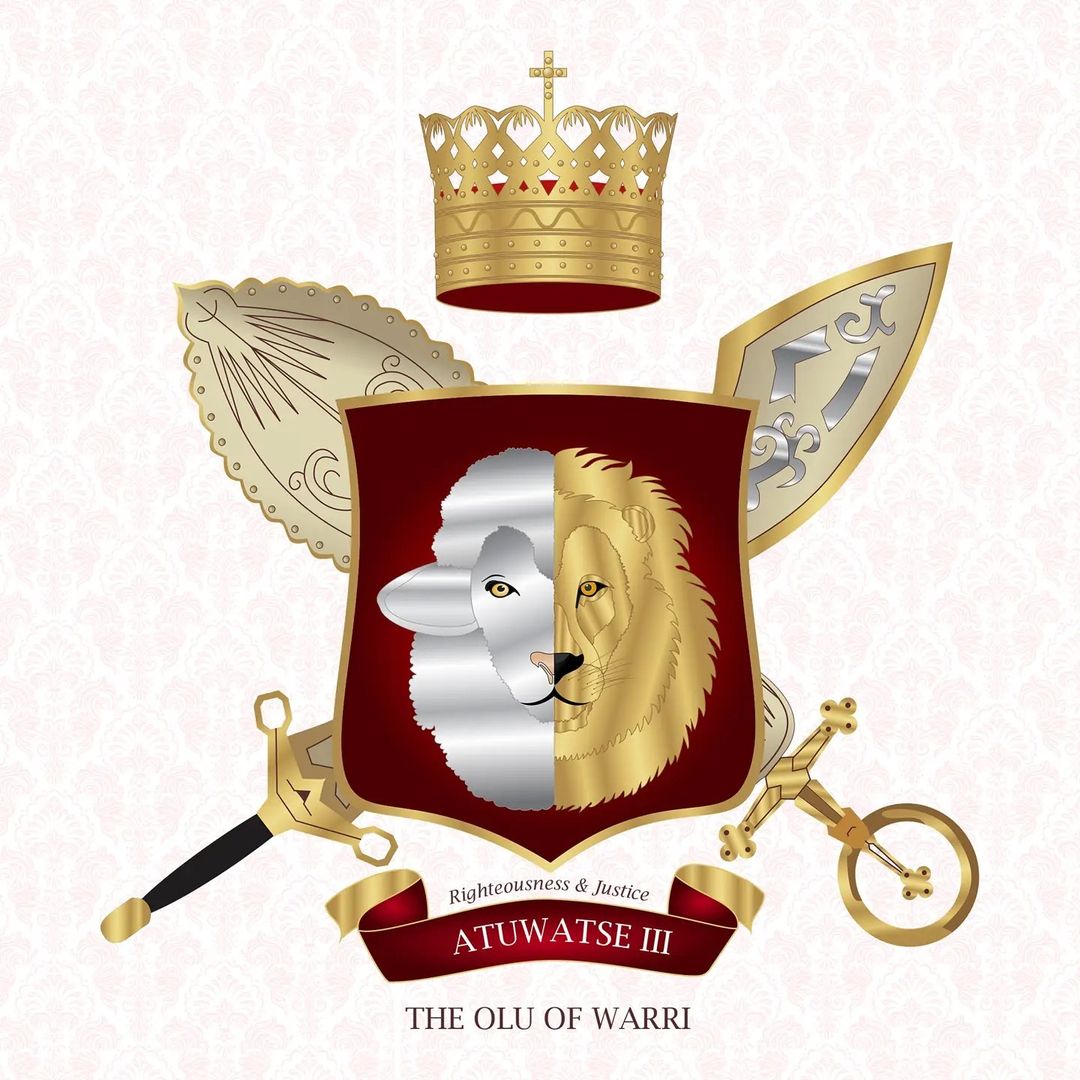|
Olu Ojoluwa
Olu Ojoluwa was an Itsekiri traditional ruler. He succeeded his father Ogiame, Olu Irame after his demise. He was crowned Ogiame Ojoluwa, the 4th Olu of Warri Kingdom at Ode-Itsekiri, the ancestral home of the Itsekiri The Itsekiri (also called the Isekiri, ''iJekri'', ''Itsekri'', ''Ishekiri'', or Itsekhiri) are one of the Yoruboid subgroup of Nigeria's Niger Delta area, Delta State. The Itsekiris presently number 2.7 million people and live mainly in the Wa .... Olu Ojoluwa reigned for about nineteen years from about 1550 to 1569. During his reign, he commenced the process of integration of Ekpen's (Ekpenede) descendants of Okere with the local population in the kingdom. References People from Warri Olus of Warri {{Nigeria-bio-stub ... [...More Info...] [...Related Items...] OR: [Wikipedia] [Google] [Baidu] |
Olu Irame
Olu Irame was a Nigerian traditional ruler who was the 3rd Olu of Warri. He was the second son to Olu Ginuwa Olu Ginuwa (also known as ''Iginuwa'') was an Itsekiri king who was the first Olu of Warri. He was the eldest son of Oba Olua, the 14th Oba of Benin The Oba of Benin is the traditional ruler and the custodian of the culture of the Edo peo ... and succeeded his brother Olu Ogbowuru as the 3rd Olu of Warri. It is stated that he banished the three gods ( Ibirikimo, Otueke, and Ike) and their worshipers from Ode-Itsekiri-Olu because of their incessant "noise-making". The gods and their worshipers moved to Orugbo, a community about 2 miles from Ode-Itsekiri-olu. References People from Warri Olus of Warri {{Nigeria-bio-stub ... [...More Info...] [...Related Items...] OR: [Wikipedia] [Google] [Baidu] |
Kingdom Of Warri
The Kingdom of Warri, Warri Kingdom or Iwere Kingdom, (Itsekiri: ''Oye Iwere'') was established in 1480, was part of the Nigerian traditional states ancestrally based in Ode-Itsekiri, Warri South LGA, Delta State, Nigeria with a palace erected in 1950s in the multi-ethnic city of Warri, Warri South LGA, Delta State, Nigeria. The current Olu of Warri is Ogiame Atuwatse III, who was crowned on 21 August 2021. History According to Bini and Itsekiri histories, Olu Ginuwa, a prince of Benin Kingdom founded the Warri kingdom about 1480. In the 15th century it was visited by Portuguese missionaries. At the beginning of the 17th century, a son of the reigning Olu was sent to Portugal and returned with a Portuguese wife. Their son Antonio Domingo was Olu of Warri in the 1640s. Olu Erejuwa, who reigned from about 1720 to 1800, expanded the kingdom politically and commercially, using the Portuguese to further its independence of Bini and to establish control over a wider area. ... [...More Info...] [...Related Items...] OR: [Wikipedia] [Google] [Baidu] |
Itsekiri People
The Itsekiri (also called the Isekiri, ''iJekri'', ''Itsekri'', ''Ishekiri'', or Itsekhiri) are one of the Yoruboid subgroup of Nigeria's Niger Delta area, Delta State. The Itsekiris presently number 2.7 million people and live mainly in the Warri South, Warri North and Warri South West local government districts of Delta State on the Atlantic coast of Nigeria. Significant communities of Itsekiris can be found in parts of Edo and Ondo states and in various other Nigerian cities including Lagos, Benin City, Port Harcourt and Abuja. Many people of Itsekiri descent also reside in the United Kingdom, the United States and Canada. The Itsekiris are closely related to the Yoruba of South Western Nigeria and also close to the Okpe people and Edo peoples. The Itsekiris traditionally refer to their land as the Kingdom of Warri or 'Iwere' as its proper name – which is geographically contiguous to the area covered by the three Warri local government districts. The area is a key centre ... [...More Info...] [...Related Items...] OR: [Wikipedia] [Google] [Baidu] |
People From Warri
A person ( : people) is a being that has certain capacities or attributes such as reason, morality, consciousness or self-consciousness, and being a part of a culturally established form of social relations such as kinship, ownership of property, or legal responsibility. The defining features of personhood and, consequently, what makes a person count as a person, differ widely among cultures and contexts. In addition to the question of personhood, of what makes a being count as a person to begin with, there are further questions about personal identity and self: both about what makes any particular person that particular person instead of another, and about what makes a person at one time the same person as they were or will be at another time despite any intervening changes. The plural form "people" is often used to refer to an entire nation or ethnic group (as in "a people"), and this was the original meaning of the word; it subsequently acquired its use as a plural form of ... [...More Info...] [...Related Items...] OR: [Wikipedia] [Google] [Baidu] |


_1938.jpg)